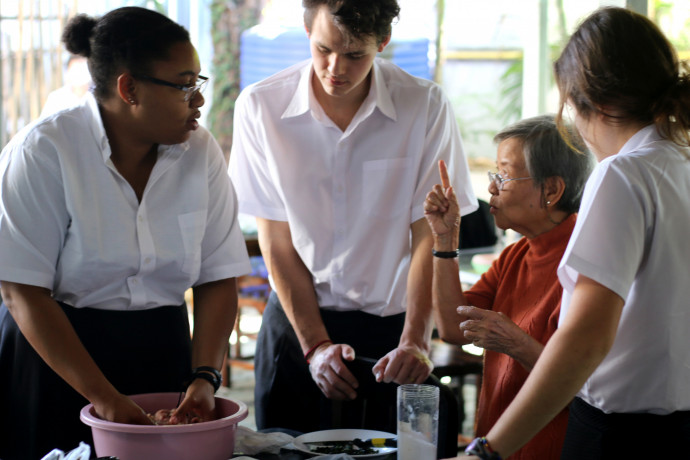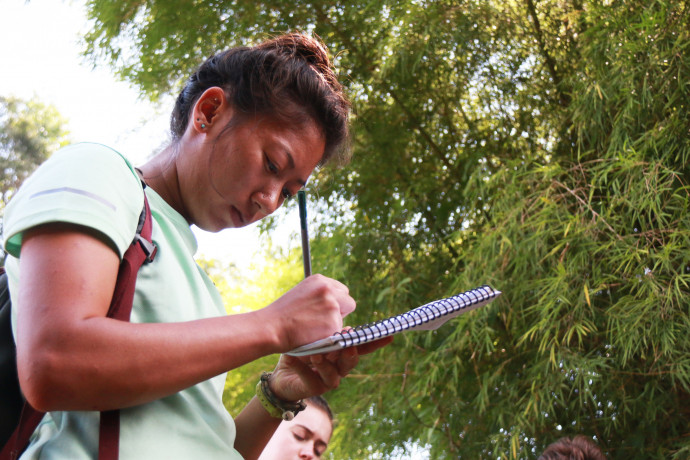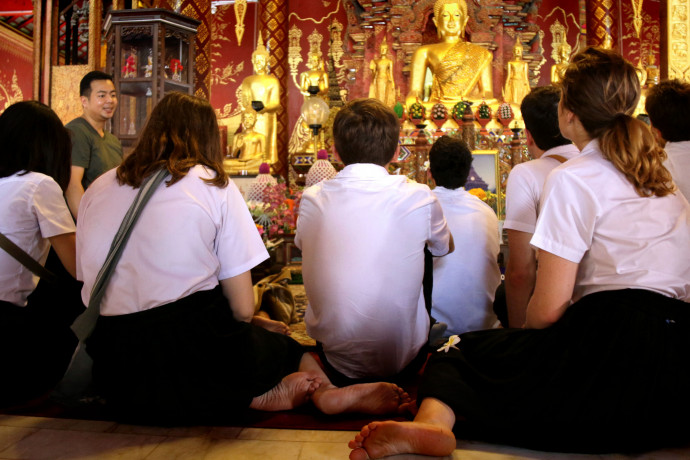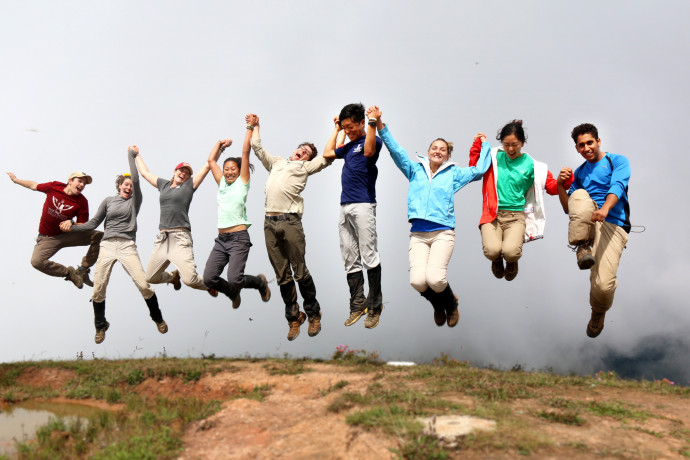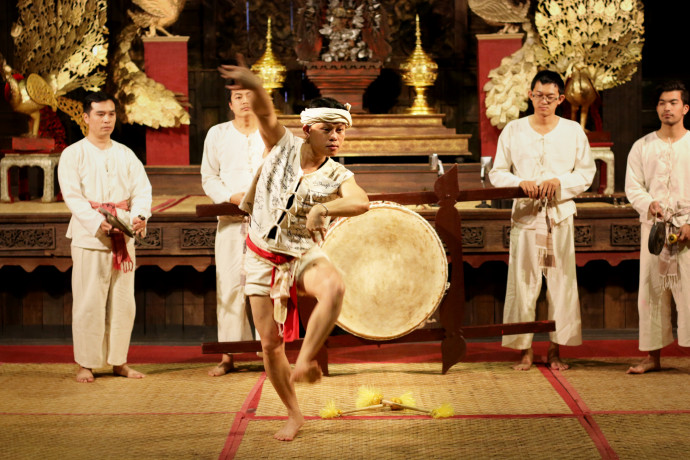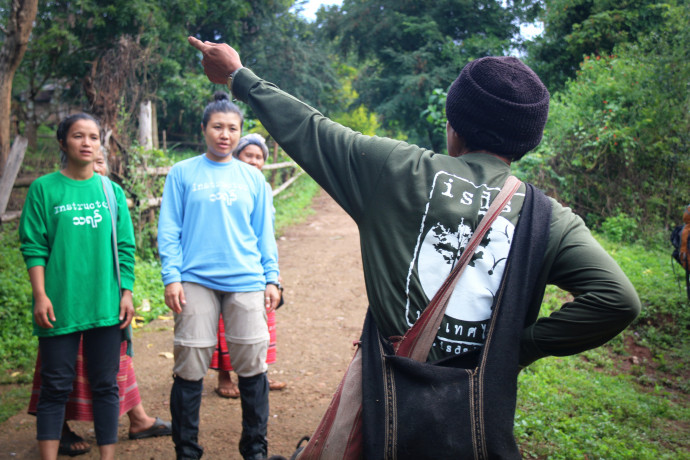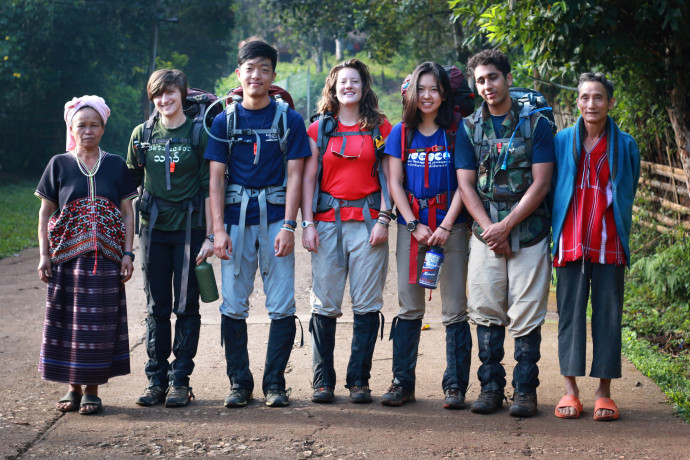SE Asia Regional Area Study
-
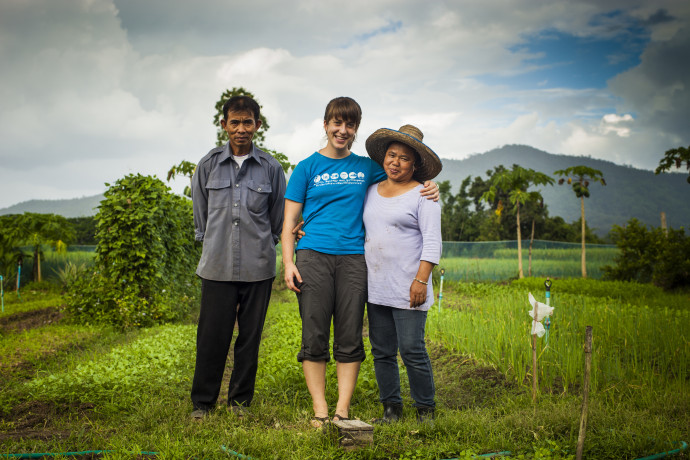 ISDSI
ISDSI -
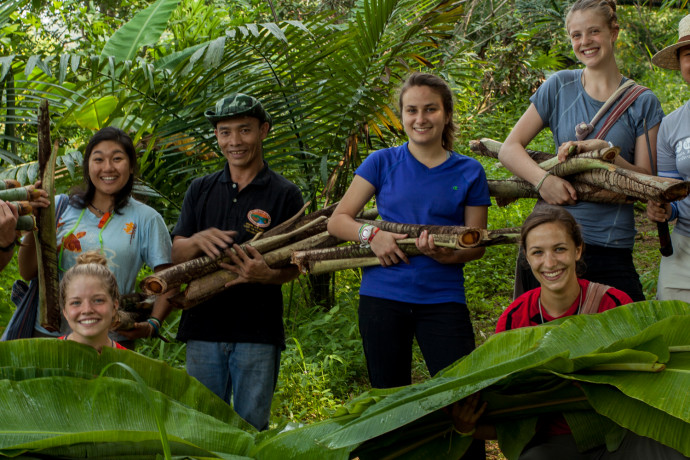 ISDSI
ISDSI -
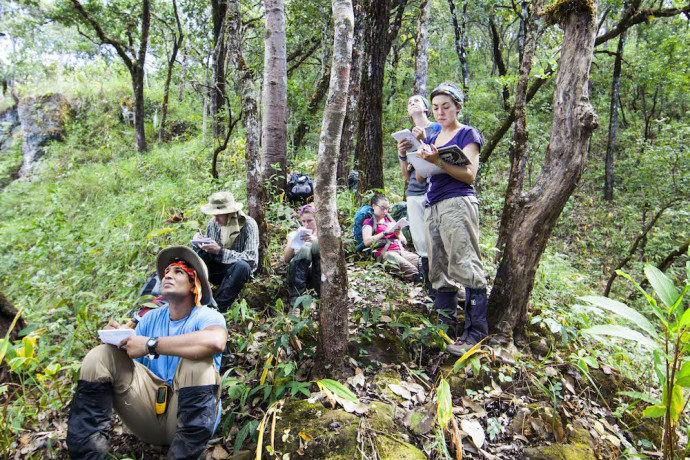 ISDSI
ISDSI -
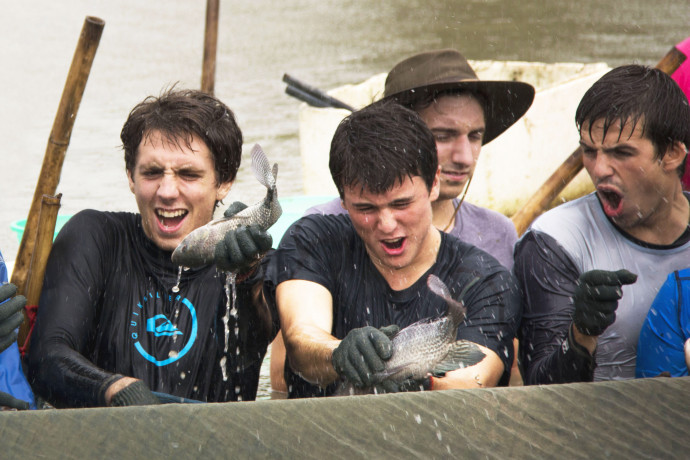 ISDSI
ISDSI - ISDSI
- ISDSI
-
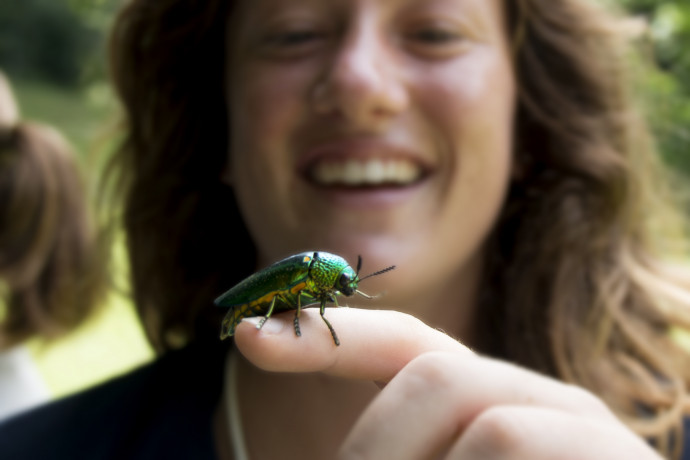 ISDSI
ISDSI - ISDSI
- ISDSI
-
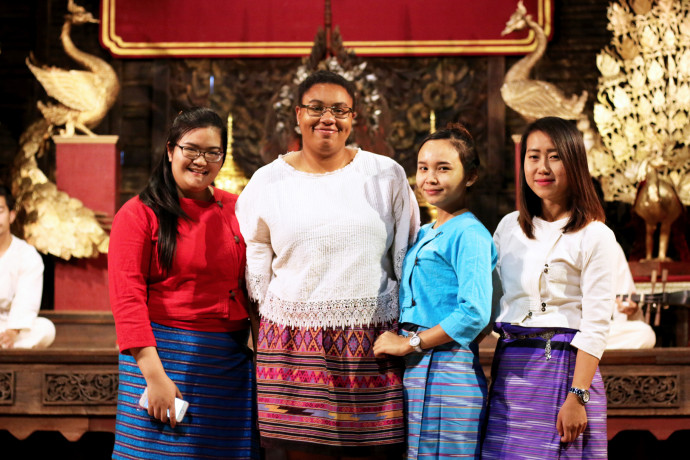 ISDSI
ISDSI - ISDSI
- ISDSI
-
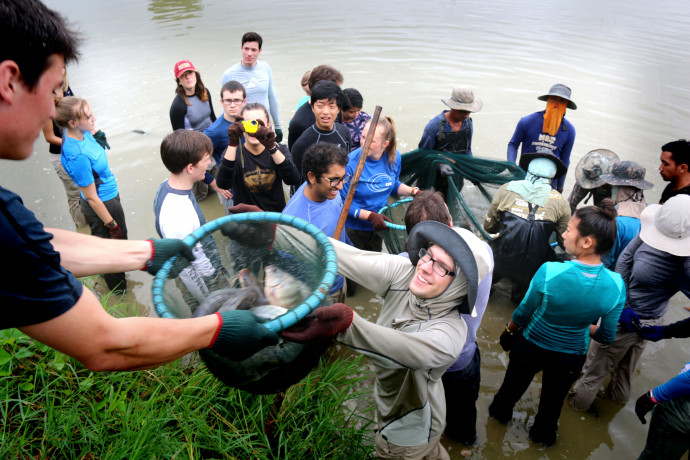 ISDSI
ISDSI -
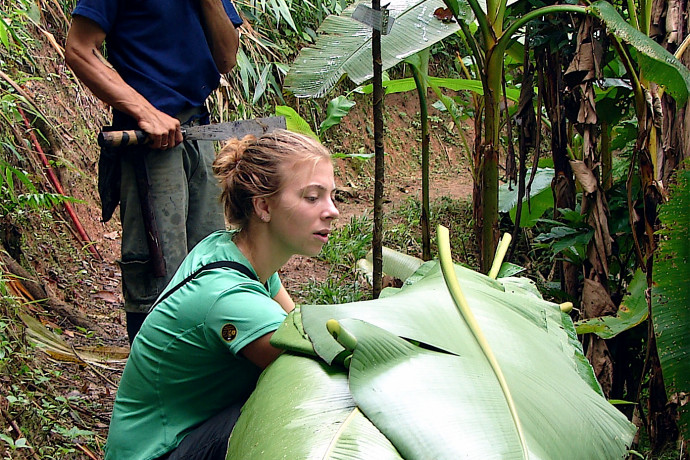 ISDSI
ISDSI - ISDSI
-
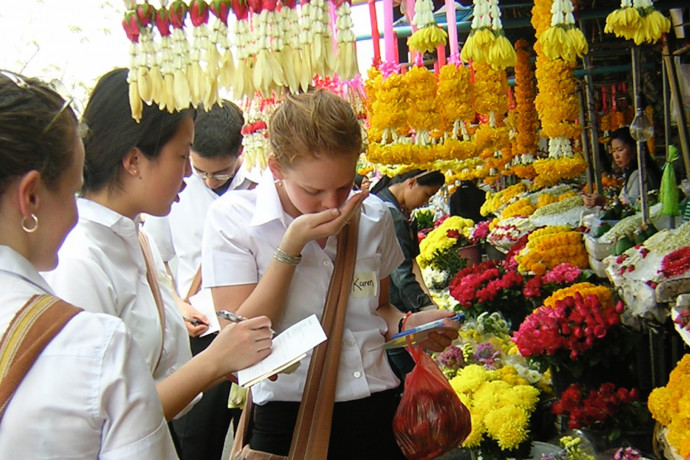 ISDSI
ISDSI -
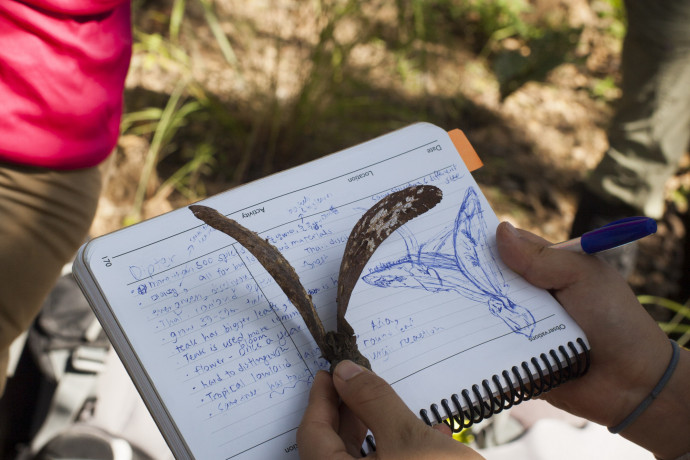 ISDSI
ISDSI -
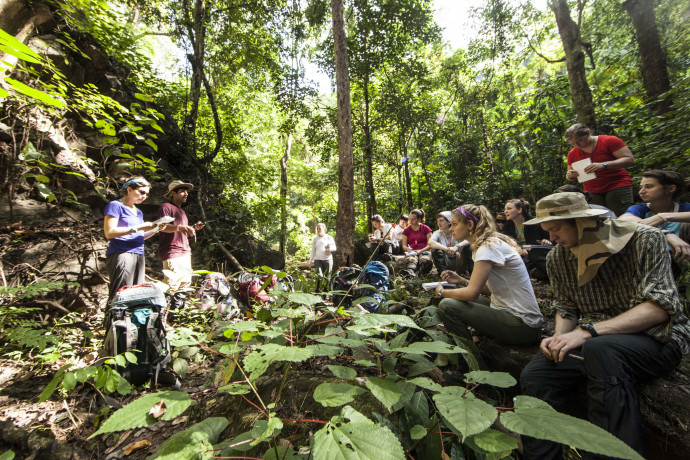 ISDSI
ISDSI -
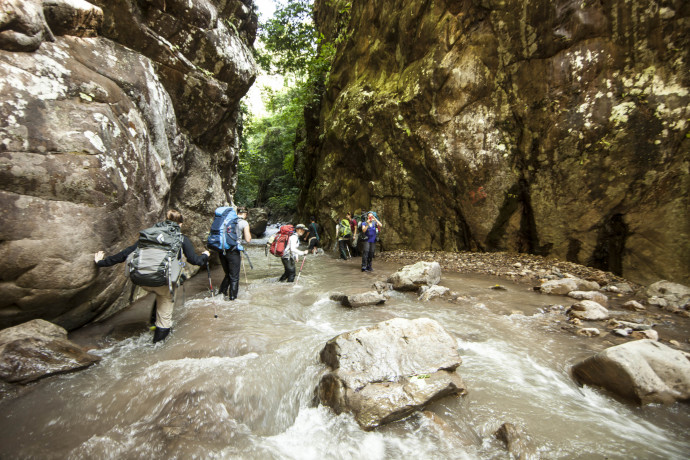 ISDSI
ISDSI -
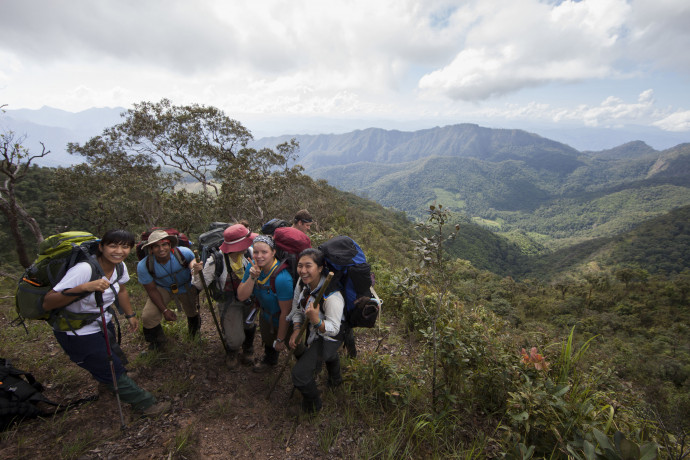 ISDSI
ISDSI
| Program Snapshot | |
| Semester: | Fall |
| Offered: | Even years - Fall 2024, Fall 2026 |
| Estimated Dates: | Late August to early December |
| Program Focus: | Regional Area Study |
| Prerequisites: | Overall GPA of at least 2.75 and good academic standing. Students must satisfy the Words and Numbers CORE requirement before participating in an overseas program. |
| Housing: | Varies throughout program |
| Fall 2024 Program Leader: |
Bruce Podobnik Associate Professor of Sociology podobnik@lclark.edu, 503-768-7664 |
Program Design
This program is run in coordination with the International Sustainable Development Studies Institute (ISDSI), a study abroad organization based in Chiang Mai, Thailand. This program focuses on sustainable development, with a further focus on experiential education. Students will take four courses, which each consist of a four week block. During each block, students are in the classroom in Chiang Mai for one week, which is then followed by three weeks of ‘expedition’– experience-based learning, which takes place in homestays across Thailand.
This program will offer a unique experiential learning opportunity for students interested in sustainable development, environment-society relationships, indigeneity and ethnic identity, rural livelihoods, migration and mobility, development practice, the impact of tourism in the Global South, contemporary political, social, and economic debates in Southeast Asia, and participatory/experiential approaches to learning.
Program Location
Chiang Mai is a city in mountainous northern Thailand. Founded in 1296, it was the capital of the independent Lanna Kingdom until 1558. Its Old City area still retains vestiges of walls and moats from its history as a cultural and religious center. It is also home to hundreds of elaborate Buddhist temples, including 14th-century Wat Phra Singh and 15th-century Wat Chedi Luang, adorned with carved serpents.
About the Program Leader: Bruce Podobnik is a sociologist who teaches about topics like environmental activism, radical social movements of various kinds, the power of music to transform society, and the social/cultural roots of happiness. He has also led students on overseas programs to Cuba and India. He lives in an eco-village in Southeast Portland, meditates regularly, and is part of the amazing psychedelic rock band Superluminous!
Academics
Requirements Fulfilled:
General Education – This program fulfills the Global Perspectives general education requirement for students who successfully complete 8 or more semester credits. IS 236 fulfills the Culture, Power, and Identity general education requirement.
Major Requirements: This program fulfills the overseas study requirement for the Asian Studies major.
Credits: 16 credits (4 courses)
Curriculum:
IS-235 Thai Language and Society
This course includes three components: 1) Small group language classes (3-5 students). No English is used in the classroom, and students will learn to speak, read, and write in Thai. Each morning students are in the classroom studying Thai, with experiential learning opportunities each week. Language instruction continues throughout the semester when students are at the institute, and Thai is used during each Expedition Field Course. 2) Regular seminars on Thai history, religions in Thailand, social issues and Thai geography. 3) Discussion sessions in small groups, which allow students an opportunity to reflect on adapting to Thai culture, culture shock, and lessons learned outside the classroom that will help students better function cross-culturally in Thailand.
IS-238 Sustainable Food Systems
This course examines food systems in depth, with a specific focus on small holder sustainable agriculture. These issues form the core of sustainability, and include such topics as ecology and natural resource management, food supply, permaculture, and the role of biological and sociological systems in global sustainability. Seminars and discussions take place “in context” to the learning— i.e. reading about agroforestry, then going into an agroforest to study the plants growing there. This is—literally—a “hands on” course. Students will get muddy tramping through the fields and blisters from working on the farm.
IS-237 Culture and Ecology of the Andaman
This course focuses on coral reefs, mangroves, and the coastal communities and islands of the Andaman Sea, Southern Thailand. It examines one of the most critical resources for sustainable development: the ocean. The course focuses on reef ecosystems, mangroves, seagrasses, and the human communities that depend on them for their survival. Both the physical and cultural environments are challenging—over a week of travel will be by sea kayak, and half of the course will be in a small Southern Thai fishing village. By the end of the course, students will have an understanding of the major issues surrounding coastal ecology and culture, with experience in and understanding of coral reefs, mangroves, sea grasses and tidal areas; as well as understanding the unique challenges and struggles of the human communities that live in the coastal zone — the semi-nomadic Urak Lawoi and Southern Thai Muslim fisher folk. These cases represent a complex situation of multiple and often conflicting resource uses in the coastal ecosystem and rapidly changing ways of life for the coastal and island people.
Depending upon year, one course from the selections below will be offered. LC course availability will vary based on year and program leader, and is determined by the Overseas Office:
IS-239 Topics in SE Asia
Taught by the faculty leader of the SE Asia Regional Area Study overseas program, this course will focus on a topic within the leader’s discipline and expertise. The course will make use of SE Asia resources and will incorporate site visits. Topics will vary by year and leader.
For the 2024 program, Professor Podobnik will teach a course on “Myths, Rituals and Spirituality in Thailand”
IS-236 Political Ecology of Forests
This course explores the ethno-ecological relationship between humans and forests. Most of the course will be conducted within villages in the extreme northwest corner of Thailand, nestled among mountains that have long since been the domain of Karen ethnic people. Tropical forest ecology, the Karen adaptation to this environment, and the conflicts over forest resource management form the thematic backbone of the course. By living, farming, interacting, and traveling through the forests with villagers, students will learn firsthand how the Karen livelihood is intertwined with their forest world.
LC Departmental course
In place of either IS-238 or IS-239, the faculty leader (with the approval of the Overseas Director) may choose a relevant course selected from LC’s existing curriculum to be offered in situ. Course offerings may include a research methods course using topics relevant to the region, or other offerings from the LC Curriculum in the faculty leader’s area of expertise.
Student Life
Housing: Accommodations vary throughout the program depending on location. Students stay in homestays for the first part of the program, in Chiang Mai. For the second part, they stay in student apartments. Students also spend time camping in remote locations on this program.
Cost
2023-2024 Fee Breakdown*
Total Fee (includes Tuition, Program Fee, and Health & Wellness Fee): $39,385
Tuition: $30,958
Program Fee: $8,390
Health & Wellness Fee: $37**
Included in the program fee are room/housing, board/meals, and administrative fees. Not included are airfare, passport and visa expenses, primary insurance coverage, photographs, books, immunizations, and incidentals.
*Fees are updated every February for the following academic year.
**The Health & Wellness Fee supports the operations of Wellness Services staff in delivering pre-program orientation services, as well as in providing health-related consultation regarding participant health needs. All students in the College of Arts and Sciences pay a mandatory fee of $37 per semester.
Stipend: Students will receive a stipend to cover the cost of meals and transportation costs not covered by the program fee.
Estimated Airfare (Round Trip PDX to CNX): $1,500 - $2,000
Estimated Health Insurance Fee: $1,943.50
All students participating in overseas programs are automatically enrolled in iNext, a supplemental travel insurance program. The fee for iNext is covered in the program cost. However, students are also required to have comprehensive health insurance during their time abroad. All students participating in overseas programs, both abroad and domestic, are automatically enrolled in the College’s student health insurance program. Similar to a regular semester on-campus, students participating in overseas programs may waive enrollment in the student health insurance program if they have other comprehensive health insurance (e.g., through a parent, guardian or employer) that 1) provides coverage for them in the geographic region in which they will be studying and 2) includes mental health benefits. Click here for more information regarding Health Insurance Information & Overseas Programs.
Program Preparation
Application Process: Applications are due one year before the start of the program. The semester before the program, students who have been accepted will meet regularly for orientation. This orientation is meant to prepare the students for life in Thailand by exploring literature and culture, and provides an opportunity for students to learn more about the logistical details of the program.
For more information about the application process, click here.
Travel: Students usually fly into Chiang Mai International Airport (CNX), where they meet as a group and begin orientation.
Visa: Students will be required to apply for a visa in order to participate in this program. More information will be provided upon admission to the program.
Country-Specific Health Information: Click here to view specific health information for people traveling to Vietnam.
State Department Country Information: Click here to visit the State Department’s Vietnam page.
Thailand, Chiang Mai
Overseas and Off-Campus Programs is located in room 206 of Albany Quadrangle on the Undergraduate Campus.
MSC: 11
email overseas@lclark.edu
voice 503-768-7295
fax 503-768-7300
Director Blythe Knott
Overseas and Off-Campus Programs
Lewis & Clark
615 S. Palatine Hill Road MSC 11
Portland OR 97219
